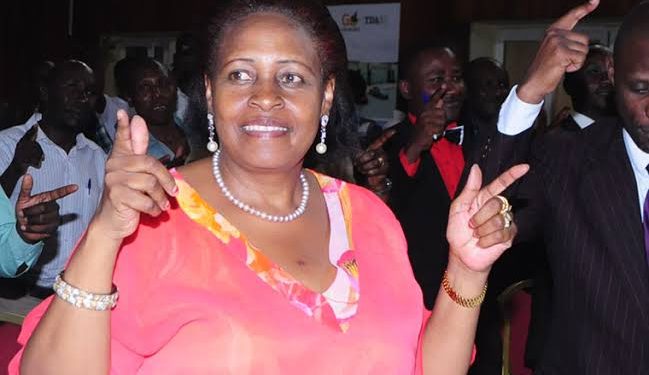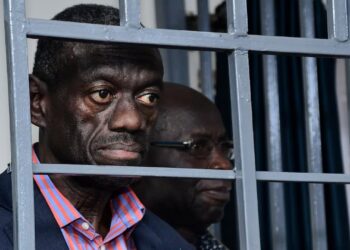By CHANGE OF GUARDS
The autocratic practice of long detentions without trial for Museveni’s political opponents has been going on for decades. It intensified when Dr. Besigye emerged as the leading opposition figure in the early 2000s. This coincided with the global war on terrorism, which the Museveni regime used as a reason for making random arrests, torture, killings, maiming, and detention without trial of both actual and perceived political opponents. During this time, the regime also set up illegal detention and torture centers called Safe Houses.
Notable victims included members of the Reform Agenda, who, along with Dr. Besigye, were accused of treason and terrorism. Another group of victims were those caught up in the notoriously brutal Operation Wembley. Despite some concrete evidence in certain cases, the regime chose to detain individuals without trial, mainly to deny justice to victims and hide the army’s involvement in violent crimes. Additionally, the practice of trying civilians in military courts became more widespread during this period.
In 2003, a group of individuals known as Dr. Besigye’s PRA suspects were arrested and held without trial for five years. Despite being granted bail by the High Court on two occasions, they were forcefully re-arrested by military commandos who raided the court. Many of the detainees eventually gave in to the regime’s pressure and agreed to a blackmail scheme in exchange for their freedom. Most of the victims were from the Kigezi region in the greater western area. Hope Mwesigye, a Cabinet Minister and Woman MP for Kabale District played a key role in coordinating the scheme.
Mwesigye frequently visited the army’s detention facilities at Makindye Barracks and Luzira Prison and collaborated with the then Police Chief, Kale Kayihura, to implement the plan. The detainees were coerced into seeking amnesty, and by 2007, a number of them had taken advantage of the scheme: the last detainee, Capt. Among Byarugaba, who refused to be blackmailed, was given a sham trial in 2014 and sentenced to one year in prison. Following an appeal, the Court Martial Appeal Court reduced his sentence to six months, and he regained his freedom in August 2015.
Negotiating for freedom with Museveni’s regime has become a common practice, extending to political fugitives and those in exile. This process is often portrayed as “rehabilitating” the individual victim, but in many cases, it involves large sums of money that primarily benefit the negotiators rather than the victims themselves.
A decade later, another group of hostages is being blackmailed for their freedom. Over the past four years, hundreds of National Unity Platform (NUP) supporters have been detained without trial in military courts. Cabinet Minister Barlam Barugahare, a member of Museveni’s government, is orchestrating the scheme to blackmail these victims in exchange for their release. This is history repeating itself, although some hypocritically express shock at this development.
INFORMATION IS POWER AND THE PROBLEM OF UGANDA IS MUSEVENISM







Discussion about this post